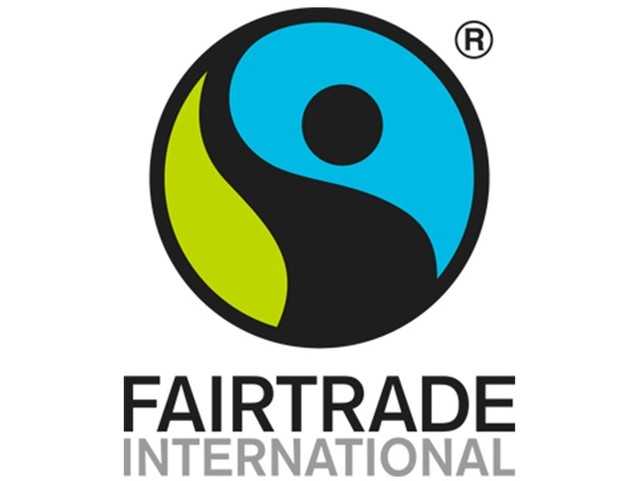BONN, Germany – In order to support companies and help them thrive in the context of strengthening expectations and laws on Human Rights and Environmental Due Diligence (HREDD), Fairtrade International has updated its Trader and Hired Labour Standards to include HREDD criteria.
The Standard updates, which will be implemented in phases, will require companies that currently hold Fairtrade Trader or Hired Labour certification to establish and implement a full HREDD process, starting with a commitment to respecting human rights and environmental sustainability.
The Fairtrade Trader standard applies to all organisations that buy and sell Fairtrade products, and/or handle the Fairtrade price and premium. The Hired Labour Standard applies to organisations that employ hired labour to supply Fairtrade-certified products.
In addition, companies must also identify the most serious human rights and environmental risks and harms related to their business, address and remediate them, and track the effectiveness of these measures. These updated Standards support Fairtrade certified organisations in their journey towards aligning with HREDD laws.
“Our new Standards highlight the importance of dialogue, collaboration and cost sharing between suppliers and buyers. We expect Fairtrade certified companies to adopt dialogue and cost sharing as the foundations of their due diligence, as that’s what it takes for due diligence to be effective,” said Tytti Nahi, the Director of Fairtrade’s Centre of Excellence on HREDD.
The requirements will be phased in starting in January 2025 and certified companies must meet all of them by January 2027. The applicability is incremental because HREDD is a process where the first steps lay the groundwork for the next ones.
Companies that become Fairtrade Trader or Hired Labour certified after July 2025 need to comply with some of the new requirements immediately and all of them within three years of being certified.
As part of Fairtrade’s inclusive approach, producers and traders were part of the decision-making process. They participated in the planning, consultation, and decision phase of the Standard updates, and will be instrumental in the implementation.
By aligning the Fairtrade system with the HREDD approach, Fairtrade is expanding the support it provides for companies though tools, training, programs, awareness raising, and advocacy work.
The responsibility for companies to respect human rights and conduct HREDD was recognised in the UN Guiding Principles on Business and Human Rights (UNGPs) in 2011. Numerous laws and regulations are making HREDD legally mandatory for diverse groups of companies, including the EU’s Corporate Sustainability Reporting Directive (CSRD) and the EU Deforestation Regulation (EUDR), as well as the upcoming EU Corporate Sustainability Due Diligence Directive and EU Forced Labour Ban.
For detailed information about the updates to the Standards click here and here, and information about Fairtrade’s HREDD guides for Traders and HLOs is also available.















